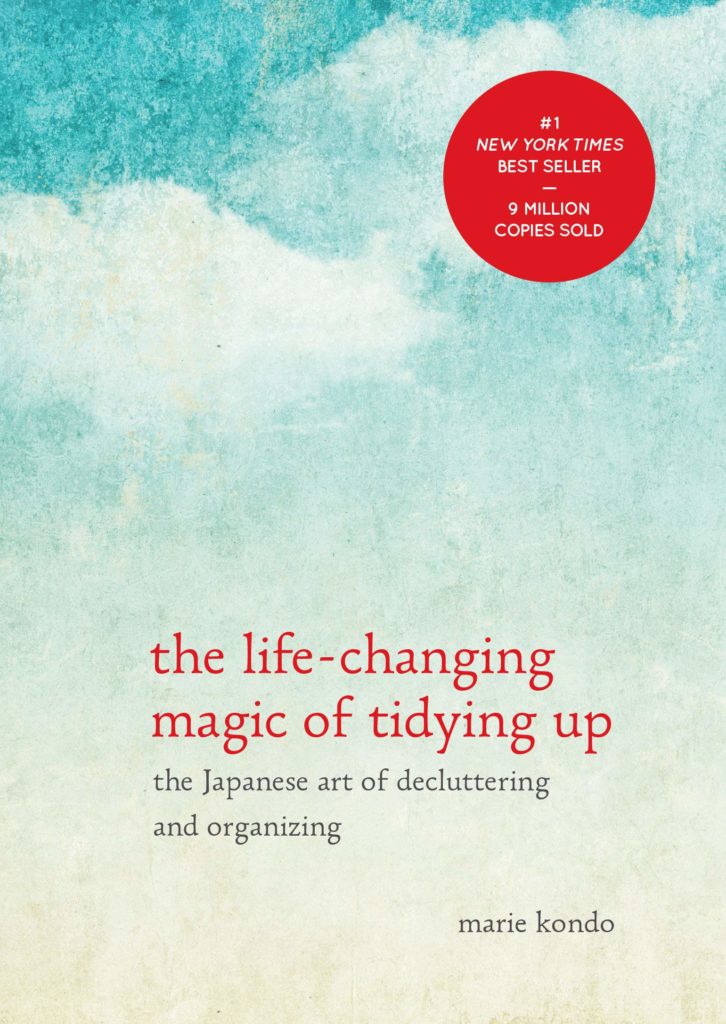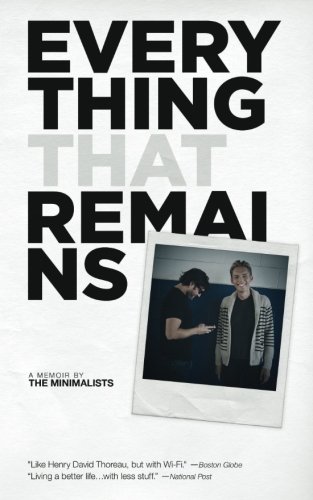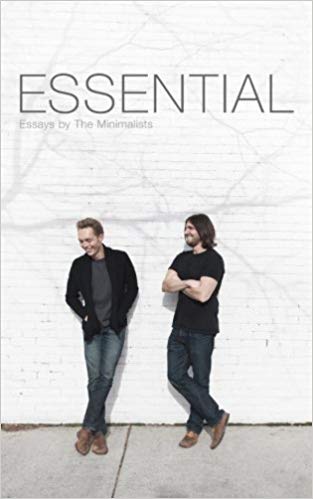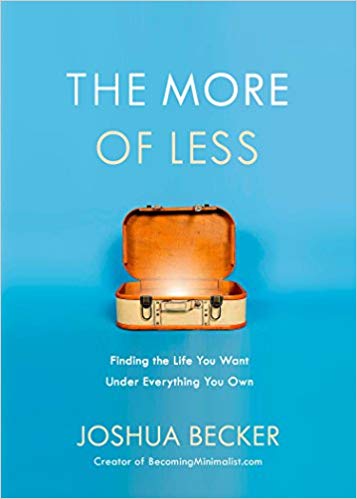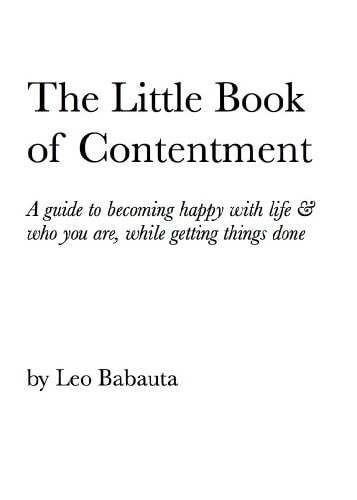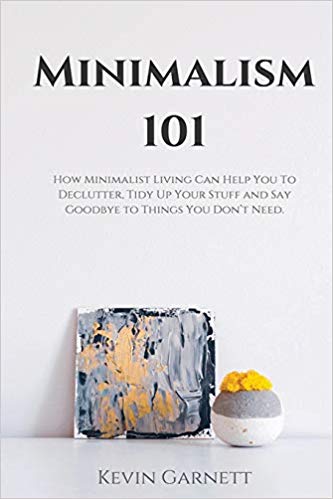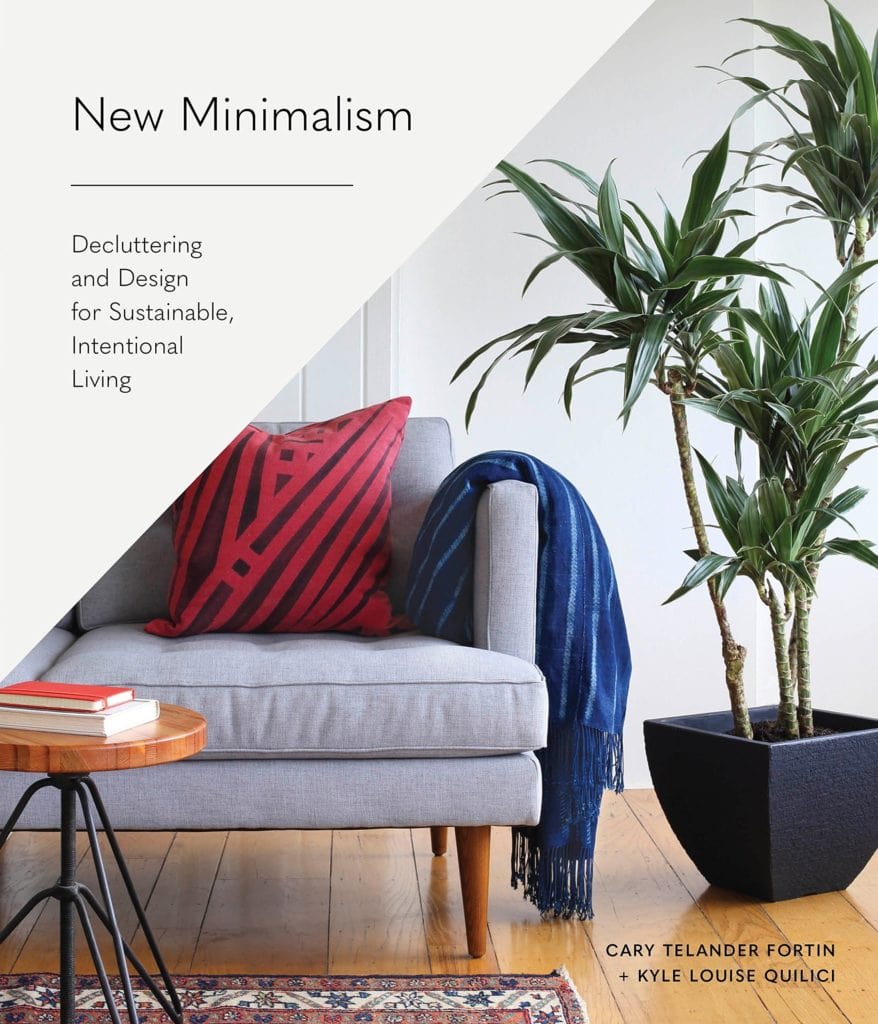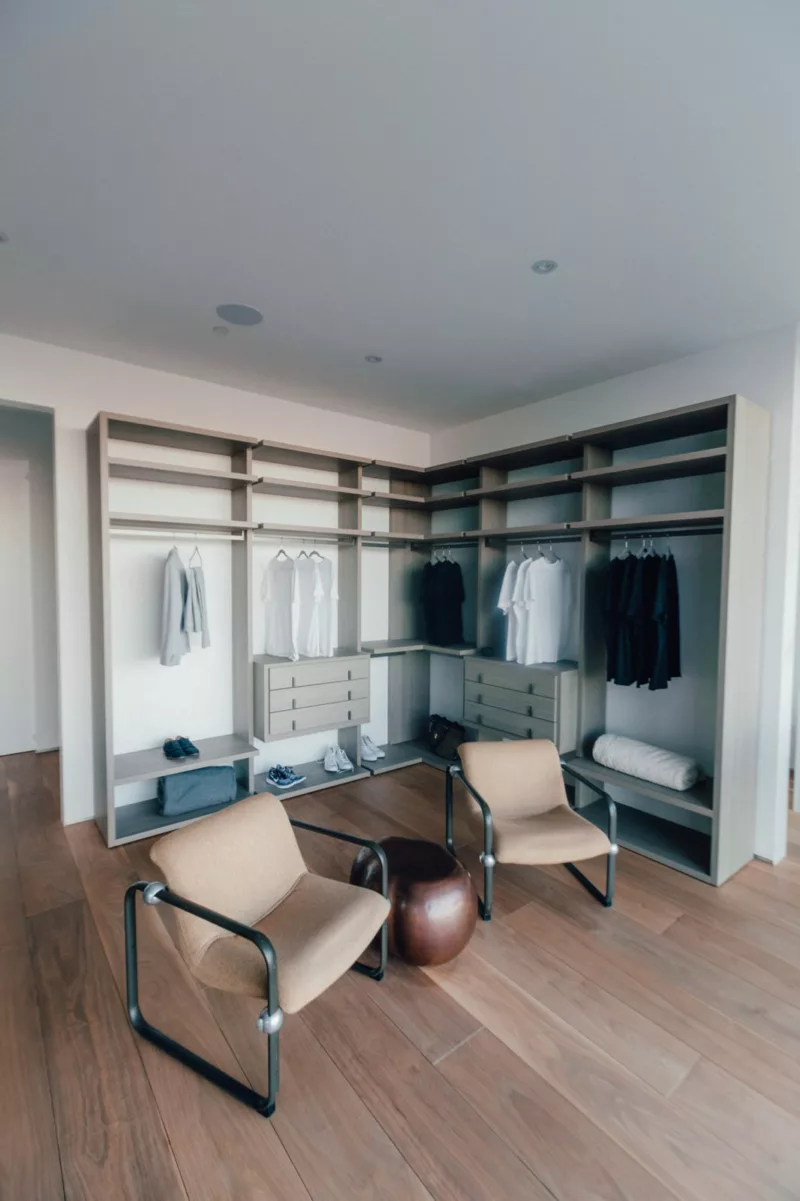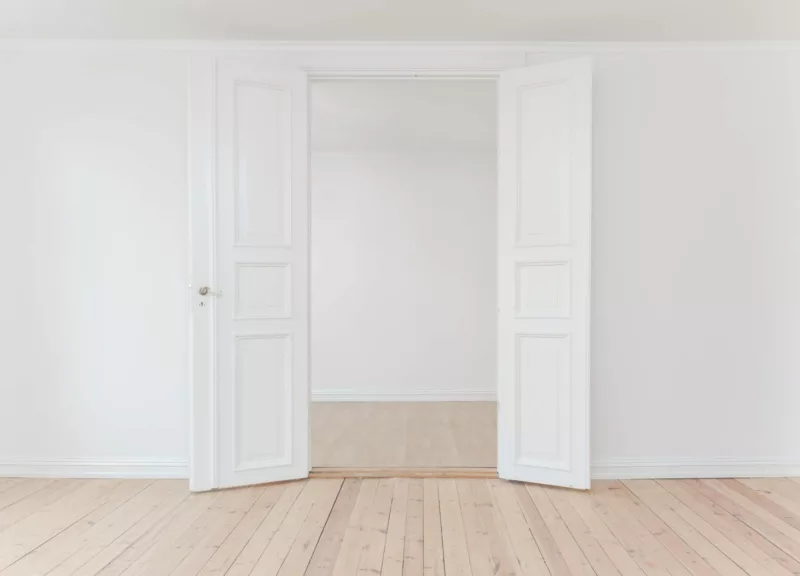Did the merciless claws of consumerism catch you on your path to become a minimalist and you’re in desperate need to break free?
We all have, and we all need a break from the modern world of late capitalism drenched in consumerism. The solution to that issue is minimalism, but where and how do you start?
There’s a lot of information going around on the internet, there are plenty of how-to and inspirational videos on YouTube about minimalism and several published books on the matter. Should you start by reading articles, watching videos or buying books?
Well, we can help you. Check out our list and reviews of the best books on minimalism that can aid you in this new lifestyle you’re approaching. Not every book is the same, each has its structure and content. Some may be simple guides while others might include guides within a drawn narrative. Our list will help you choose the best book for you.
Best Books on Minimalism
Title: Digital Minimalism: Choosing a Focused Life in a Noisy World
Author: Cal Newport
Length: 304 pages
This book addresses one of the most (let’s say) controversial topics of our time. Cal Newport invites you to join him in the discovering of the dependency of the digital world, what it is doing to us, and what we can do about it. The answer is in digital minimalism. Digital minimalists are part of a movement that distances itself from social media. These minimalists are finding out that saying no to social media allows them to enjoy the truly valuable things in life that bring satisfaction according to each personality.
Newport isn’t a “technophobe” – his book just teaches you how to use technology in a useful way that supports your values and goals.
Whether you’re aware you need a break from social media or you’re struggling to stop looking at your phone every 5 or so minutes, Newman’s book is a wonderful, helpful read.
“I hope that everyone who owns a mobile phone and has been wondering where their time goes gets a chance to absorb the ideas in this book. It’s amazing how the same strategy can work for both financial success and mental well-being: Put more energy into what makes you happy, and ruthlessly strip away the things that don’t.”
Editorial review: Peter Adeney, aka Mr. Money Mustache
Title: The Life-Changing Magic of Tidying Up: The Japanese Art of Decluttering and Organizing
Author: Marie Kondo
Length: 224 pages
Many have claimed that Kondo’s book is indeed life-changing. This is a great guide for those who want to become minimalists. The author’s method not only helps you declutter your home but also keeps you in a minimalist routine.
The method is based on a simple question of whether a specific belonging makes you happy or not. The author’s goal is to insert you in a minimalist mindset and not just toss all our stuff out. It’s worth a read if you’re struggling with keeping your home tidy.
“[It is] enough to salute Kondo for her recognition of something quietly profound: that mess is often about unhappiness, and that the right kind of tidying can be a kind of psychotherapy for the home as well as for the people in it . . . Its strength is its simplicity.”
Editoria Review: The London Times
Title: Minimalism: Live a Meaningful Life
Author: Joshua Fields Millburn and Ryan Nicodemus
Length: 141 pages
The authors lived the life of typical hard-working Americans who run toward the American Dream on the horizon. However, next to their idea of the American Dream, was also depression and a downward spiral of consumerism. Millburn and Nicodemus found the light in minimalism and have since given up on their well-paid jobs to live a more meaningful life. This book takes us through their journey from corporate members to minimalists enjoying life with much more while having much less.
It’s relevant to point out, though, that the book is more of a cluster of ideas than a guide; it’s more about their story than minimalism. The authors’ ideas are well-founded and logical, but there aren’t any explanations on how to realize those ideas.
They give you the theoretical lessons but leave out the practical lessons. Readers end up wondering ‘how do I do it?’ and can’t find the answer in the book.
“An excellent new book.”
Editorial review: Leo Babauta, Zen Habits
Title: Everything That Remains: A Memoir by The Minimalists
Authors: Joshua Fields Millburn and Ryan Nicodemus
Length: 234 pages
While it doesn’t address minimalist or minimalist methods specifically, this book is a great source of inspiration. Joshua Fields Millburn tells his story about transitioning from a consumerist lifestyle to a minimalist one. Millburn explains what motivated him, what changed his perspective, and how he decided to go where he went. As the synopsis of the book puts it, it’s not a ‘how-to book but a why-to book’. The author shows you his way to happiness and wants to inspire you to find your way to happiness.
“Regaining control by limiting consumption and living more meaningful lives.”
Editorial review: Forbes
Title: Essential: Essays by The Minimalists
Author: Joshua Fields Millburn and Ryan Nicodemus
Length: 335 pages
This book by Millburn and Nicodemus is a compilation of the most relevant essays from their popular website, The Minimalists. Although the essays are already available online, the authors organized this collection to create an experience that’s different from reading the individual texts online.
These essays tackle daily-life issues from simple living, decluttering, and finances, to passion, health, and relationships.
The book is subtly divided into two parts. In the first half, the authors (well, we could just say the author since Joshua Millburn is who wrote the majority of the texts) focus more on the minimalist movement while in the second half the book seems to be more about self-help and life-coaching.
The book tends to be repetitive mainly because it’s a compilation of essays and in each essay, the authors frequently mention common subtopics such as their background.
Nevertheless, Millburn and Nicodemus’ ideas are worth a read and their writing-style is friendly and appealing.
“Helping us end our obsession with stuff.”
Editorial review: LA Weekly
Title: The More of Less: Finding the Life You Want Under Everything You Own
Author: Joshua Becker
Length: 236 pages
Let us start by saying that the first part of the title is a phenomenal oxymoron.
Becker’s book is great if you’re just getting started on minimalism. It provides you an informed explanation of what minimalism. It also provides you with several answers as to why you should pursue a minimalist life and what a simple lifestyle does to your body and mind.
Becker includes several tips in his narrative to guide you through the first steps of decluttering. However, these guidelines may come out as a bit intense and not appropriate for someone who wants to start decluttering and organizing their space in baby steps.
Some have yet complained the book is too subjective and thus useless in helping the reader become a true minimalist. Another downside many have also pointed out is that the ideas in this book are repetitive and bring nothing new to minimalists who have done their research and read other books.
Finally, just a side note: Joshua Becker’s book is filled with scripture references. There’s a lot of references to God and Jesus, which aren’t appreciated by all.
Even so, it’s an overall helpful book for starters.
“I opened The More of Less expecting to learn ways to minimize my excess. Instead, I learned freeing steps to maximize my life. Using relatable anecdotes and enlightening revelations, Joshua Becker reveals an innovative approach that adds more meaning to our schedules, personal well-being, relationships, finances, and passions. Don’t let the word minimalist intimidate you. The More of Less helps you craft your style of minimalism that aligns with your purpose. There are no drastic measures required, and no set plans you must follow. Open this book to unburden your life and give oxygen to what matters most.”
Editorial review: Rachel Macy Stafford, New York Times bestselling author of Hands Free Mama and Hands Free Life
Title: Little Book of Contentment
Author: Leo Babauta
Length: 116 pages
Leo Babauta’s book is a very useful guide on mind minimalism. The Little Book of Contentment is an uplifting and motivational work that gives a new perspective on life. It teaches you that thinking and acting simplistically makes you let go of angst and worry, leading to personal fulfillment and happiness.
The common person nowadays is stuck in a system that convinces them happiness is in commodities. Nevertheless, according to Babauta’s book, contentment is within you, and you can control it. Happiness comes from appreciating what we already have rather than the things we don’t own but think we want or need. Owning only the things that have meaning to us and we need contributes as a far more deep impact on our well-being than establishing goals in our lives that end in nothing other than consumerism.
“It’s hard to explain how I feel about the book. I just know I love it and it helped me figure out how to feel more whole on my own. I’ll definitely revisit it as needed.”
Customer review: Amazon Customer
Title: Goodbye, Things: The New Japanese Minimalism
Author: Fumio Sasaki
Length: 260 pages
In his book, Fumio Sasaki shares a personal experience of adopting minimalism as a way of living as well as tips on the minimizing process. Sasaki shows the reader the advantages of minimalist: how it can transform both your physical space and your life for the better.
The description Sasaki makes about his path from a depress shopaholic who was owned by his belonging instead of the contrary is a breath of fresh air. It’s easy to relate to Sasaki’s narrative because his humble speech allows you to identify with his story and find the strength and will power to leave the consumerist lifestyle in the past and evolve to an enriched, minimalist life.
While some books on minimalism provide you only with a guide on how to become a minimalist (which are the most useful books since, being a how-to, they can help you start) “Goodbye, Things” makes you reflect about how you use and why you keep certain things. By the end of this book, you move from the desire of owning a cluttered house to minimizing your belongings in order to maximize your freedom.
“In his new book, Goodbye, Things, Fumio Sasaki shares the lessons he learned by going minimalist. . . . For Sasaki, minimalism isn’t about how little you have, but how it makes you feel. Sasaki credits his minimalist lifestyle with helping him lose weight, become extroverted and proactive, and above all, feel happy and grateful for what he has.”
Editorial review: Heeseung Kim, Cosmopolitan
Title: Minimalism 101: How Minimalist Living Can Help You To Declutter, Tidy Up Your Stuff and Say Goodbye to Things You Don’t Need
Author: Kevin Garnett
Length: 118 pages
Minimalism 101 is a book that goes straight to the point. It’s a simple book, it’s incredibly easy to read and, most importantly, it’s very helpful.
Interestingly enough, the book itself is extremely organized. It’s divided into three parts: Why Minimalism?, How to Become a Minimalist, and lastly How to Stay a Minimalist.
By reading Garnett’s book you’ll be learning what minimalism is and why do we have such tendencies to accumulate clutter; you’ll get several tips, tricks, and tools to declutter your home, and you’ll learn how to prevent your home from clogging up again.
You’ll get access to information such as the many benefits of minimalism, the first steps for a beginner minimalist, how to apply minimalism ideals in your daily life, and – very important! –how to make minimalism a habit. It’s thus a book that explains what the minimalist movement is, how you can join it, and how you can make it a habit.
It’s a book that focuses on making you understand what minimalism is, what its benefits are, and how you become a minimalist. All in a way that ensures you see the importance of the movement in your life. For all these reasons, we strongly recommend you give this book a go.
“The goal of this book is simple: Simplifying your life is the key to long-lasting happiness. That’s why I will teach you practical tips and tricks to (i) organize your home and life and (ii) experience more joy with the things you keep. Thanks, author for creating us a new book for all of us! I would highly recommend this book, everyone.”
Customer review: Amazon Customer
Title: New Minimalism: Decluttering and Design for Sustainable Intentional Living
Author: Kyle Louise Quilici and Cari Telander Fortin
Length: 208 pages
This book puts three things together: minimalism, sustainability, and interior design. Hence new minimalism. The result is, as expected, quite interesting.
This work makes you reevaluate your space and your life. It starts by getting to the bottom of why you accumulate so much stuff and from there it helps you transform your life.
The authors take you through every step. During the first stage, they require you to assess the meaning your objects have to you and how valuable they are to your life; after you have decided what can stay and what must go, they guide you through the process of decluttering your space, and finally they advise you on how to design your rooms so that everything looks beautiful, clean, and tidy. When coming up with the guidelines, the authors took into consideration sustainability and the well-being of our planet and therefore the process of decluttering won’t be just another cause of more litter on a landfill – they present you with strategies to reuse and/or donate your (soon to be ex) belongings.
Since the purpose of the book is to articulate minimalism and interior design, there are several photographs throughout the book as examples of appealing designs for your rooms.
“Fortin, who holds a degree in psychology, and Quilici, who studied interior design, have developed a system based on self-examination that is designed to aid those endeavoring to eliminate too many possessions. … Using these guidelines may finally provide the means necessary for those struggling to live a clutter-free life.”
Editorial Review: Library Journal


